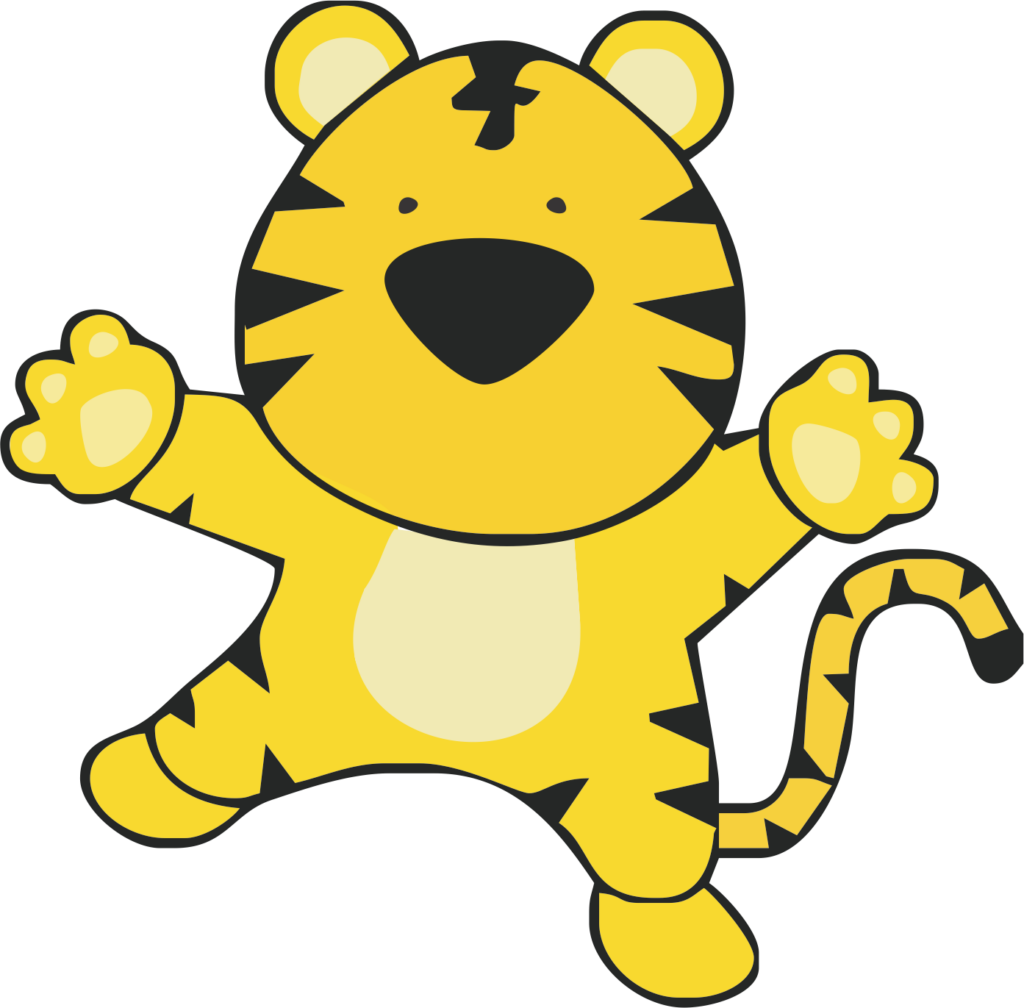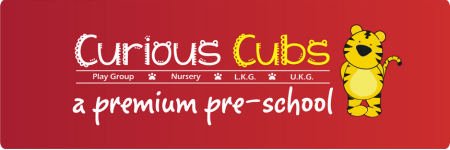FAQ

When packing snacks and lunch for your child in preschool, it’s important to consider their nutritional needs as well as any potential allergies or restrictions. It’s always a good idea to check with your child’s preschool about any specific guidelines or restrictions regarding snacks and lunch items.
There is a different dress on different days of the week. The uniform consists of a red or white shirt and red pants or skirts and a polo t-shirt and pants. There are different tracksuits for sports activities. The School Premises sells uniforms before school starts.
We have a School Nurse or Health Clerk on campus every day. They will assess and treat your child right away. We will call you immediately if your child has a serious injury, or if your child needs to go home because of illness.
Our methods are engaging and evidence-based, helping children develop early skills. We use phonics, art, action and STEM to create a diverse curriculum that includes Preschool Learning Activities, Reading, Interactive Classes, Parenting Workshops and Explore Activities. We also teach social and emotional skills through responsive classrooms at all levels.
Yes, We prefer that children in Preschool, except for Toddlers, are potty-trained. But it is not mandatory. We support your child’s potty training by following the same routine as you do at home. We help your child become independent and learn self-help skills. This is a gradual process and we make sure it is smooth and comfortable for your child.
Curious cubs students who attend Daycare and Elementary School students in Kindergarten have rest time after lunch. They may also listen to a story during this time.
As a parent is crucial in ensuring your child’s successful preschool experience. By utilizing various communication channels, connecting with other parents, attending school events, and engaging with your child’s teacher, you can stay well-informed about what is happening in your child’s class and within the school community. Remember, active participation and effective communication are key to supporting your child’s growth and development during their preschool years.
Studies have shown that until the age of 5 years, the brain makes as many as 700 brain connections per second. Because the speed of growth in these early years is very fast, it is very important to give the right learning, opportunities and experiences to the children at this time. The memories made in their minds during these shaping years are known to stay forever. Curious Cubs Preschool brings happiness to these tender years.
18 months to 2 years is the right age to send the child to preschool.
We maintain a favorable educator to student ratio of 1:8 to provide personalized attention.
The educators at Curious Cubs Preschool are highly qualified in Early Childhood Education (ECE) and demonstrate a true dedication to teaching. They regularly participate in rigorous training and workshops to stay updated on the best global practices in order to provide the best education for the children. The team at Curious Cubs is motivated and passionate about early childhood education.
Curious Cubs Preschool prioritizes the safety, security, and hygiene of its students.
- They have implemented measures such as a single entry-exit point for children.
- Temperature checks, and sanitization at the entrance.
- The school has a security guard on duty 24/7 and CCTV surveillance for added security.
- The windows are netted to prevent insects and house reptiles from entering.
- Additional measures include regular sanitization of play areas and equipment.
- Fumigation and pest control.
- Availability of first aid kits in each classroom
- Daily and weekly cleaning schedule for the entire premises.
- The school also ensures personal hygiene among its staff with strict regulations.
At the Curious Cubs learning center, we offer a variety of meals and snacks, including breakfast, lunch, evening snacks, fruits, and milk. These meals are prepared according to a meal planner and are always made fresh for our students.
